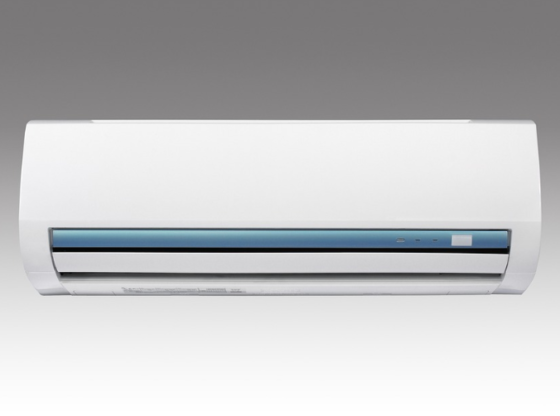Most people want to study effectively in less time. Sometimes it’s hard to get motivated to complete your homework quickly. If that’s you, don’t worry. Everyone can develop personalized strategies that can help them cut their time spent studying.
Check out these top 10 scientific-backed tips to help you study faster while enjoying study time more.
1. Create a Study Playlist
Music can calm you or energize you. It’s also a great way to get things done. Instead of sitting in a silent room and trying to cram for a test, make a playlist that can help you focus.
Choose fast-paced songs that activate your brain and help you feel more energized.
Some people find that listening to lyrics helps them focus better, while others need to listen to some type of ambient music, white noise, or classical music to stay engaged.
It’s all about finding what works best for you and inspires you to study.
2. Make a Dedicated Study Space
It’s hard to study curled up on your bed, in a living room with the TV on, or surrounded by roommates.
Avoid social spaces and create a dedicated study space where you can focus on studying away from distractions.
3. Get Organized
Next, you’ll want to get organized. Nobody wants to be the person who shows up to class and forgot about the exam.
Use a planner to write down or enter information in a phone app or calendar that shows all of your school assignments, class dates, and coursework deadlines.
4. Set a Goal
Setting a goal for each study session can help you better structure your study time.
For example, maybe you need to get through 30 pages on U. S. History or write a short discussion response. Planning your study time will help you manage your time and workload more effectively.
Setting a clear goal and breaking it down into manageable chunks can help keep you on track and achieve your goals faster.
5. Time Yourself
Set a kitchen timer or a timer on your phone to help you track your studying habits. If you find yourself spending too much time slogging through one subject, set it aside. Setting a timer can define your study session with a clear start and end time. You can always return to each subject if you feel that you haven’t grasped the information.
6. Repeat Important Information Out Loud
Many people grasp and retain information better when they take notes.
Once you’ve taken notes, read your notes aloud to make sure that you understand and remember the material.
7. Take a Break
If you’re struggling to concentrate or retain information, it might be time to step away for a few minutes.
According to scientific studies, taking a short break of 5-10 minutes is beneficial to help your brain relax, refocus, and retain knowledge. Getting up and moving around gets your blood flowing and helps your brain stay awake.
8. Keep Your Workspace Organized
There’s nothing worse than hunting for something that you can’t find. A messy desk or room can create unwanted distractions that pull you away from studying effectively. Keep all your materials organized and close by to minimize time loss and distractions.
9. Separate New Material from Familiar Material
Part of studying faster and more effectively is centered around getting organized.
If you can separate your study materials, identify the information that you already know. Set that aside to review since this will help highlight what you’ve already learned before learning new information.
10. Study Each Subject in Succession
When you’re on a roll, that’s often the best time to keep going. If your study session is going well, take advantage of your energy and clear focus to tackle another subject.
Studying each subject in succession when you’ve had a successful study time can help you complete your schoolwork faster and more effectively. It’s all about discovering what strategies work best for you to minimize study fatigue, get your work done faster, and enjoy the process more.











